Search
Did you mean: Vesta?
Search Results

Definition
Beer Hall Putsch
The Beer Hall Putsch or Munich Putsch was a failed attempt by the German National Socialist (Nazi) Party to seize power, first of the Bavarian and then the German federal government on 8-9 November 1923. The coup, led by Adolf Hitler (1889-1945...
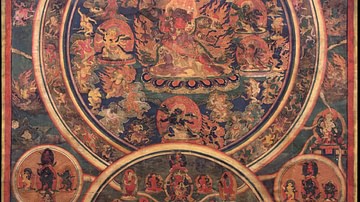
Definition
Tibetan Book of the Dead
The Tibetan Book of the Dead is the English translation of the Tibetan texts known as bar-do thos-grol (Bardo Thodol) – “Liberation Through Hearing During the Intermediate State” – and serves as a guide for the soul of the deceased after...

Definition
Richard Strauss
Richard Strauss (1864-1949) was a German conductor and composer of both innovative late-Romantic and Modernist music. He is best known for his symphonic poems and operas like Salome and Elektra, both of which caused a sensation. Strauss gained...

Definition
Edvard Grieg
Edvard Grieg (1843-1907) was a Norwegian composer known for his songs, piano music, and the Peer Gynt suites. The composer was famous in his own lifetime, touring extensively to play and conduct his own works across Europe. Grieg's Romantic...
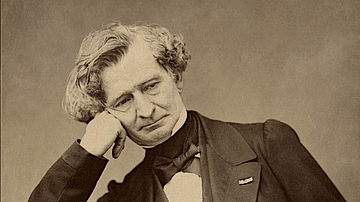
Definition
Hector Berlioz
Hector Berlioz (1803-1869) was the leading French composer of Romantic music, best known for his innovative Symphonie fantastique and use of large-scale orchestras and choruses in works like The Trojans opera. Berlioz's innovative style brought...
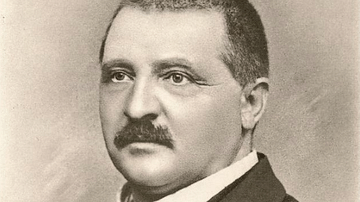
Definition
Anton Bruckner
Anton Bruckner (1824-1896) was an Austrian composer, most famous for his nine grand symphonies and his church music. Never quite gaining full recognition for his work until he was in his sixties, Bruckner's music, with its strong spiritual...

Article
Ten Ancient LGBTQ Facts You Need to Know
Issues in the modern-day regarding gender identity and civil rights for members of the LGBTQ community are a relatively recent phenomenon as are the terms 'homosexual' and 'heterosexual'. In ancient societies, there was no distinction made...

Article
Cultural Links between India & the Greco-Roman World
Cyrus the Great (558-530 BCE) built the first universal empire, stretching from Greece to the Indus River. This was the famous Achaemenid Empire of Persia. An inscription at Naqsh-i-Rustam, the tomb of his able successor Darius I (521-486...
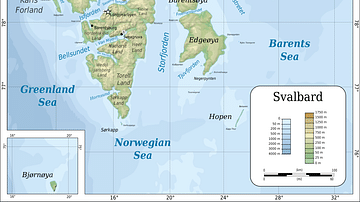
Article
A History of Svalbard
Svalbard is an archipelago in the Arctic Ocean on the northwest corner of the Barents Shelf. It is 800 kilometres (497 mi) north of mainland Norway and sits roughly midway between the top of Norway and the North Pole. It is bordered by Greenland...
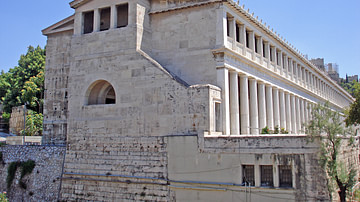
Article
Athens in the Hellenistic World
When we think about ancient Athens, it is almost always about the classical city. We think of such things as its numerous monuments (the Parthenon on the Acropolis for example), beautifying everywhere, the Agora swarming with people doing...